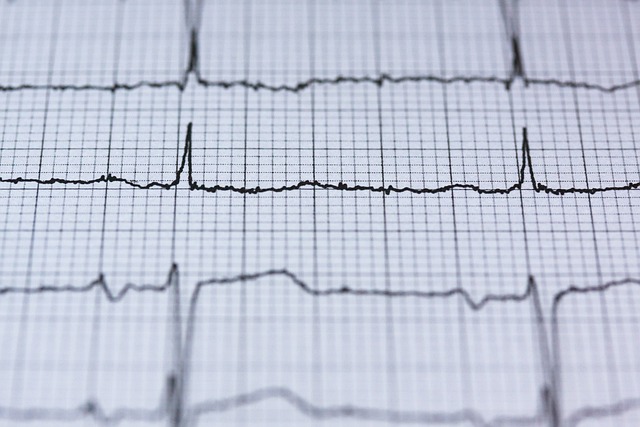
Predictors of Upper Gastrointestinal Bleeding after Myocardial Infarction: Identifying High-Risk Patients
Several predictors are identified for upper gastrointestinal bleeding after myocardial infarction, emphasizing the importance of early risk stratification and targeted interventions to prevent hemorrhagic complications and improve patient outcomes.
March 2022

Update on Lead Poisoning: Implications for Blood Pressure and Intervention Strategies
Update on lead poisoning explores its effects on blood pressure levels and the rationale for intervention strategies to reverse its adverse health effects, emphasizing the importance of environmental health policies in lead exposure prevention.
March 2022

Adult Care after Stroke: Recommendations from Professional Associations
American Heart Association and American Stroke Association issue a statement on the role of primary care physicians in patient follow-up after stroke, emphasizing the importance of coordinated care and secondary prevention strategies to optimize long-term outcomes.
March 2022

Lipoprotein (a) and Cardiovascular Diseases: Measurement Considerations and Emerging Therapies
Review discusses measurement considerations, guideline recommendations, and emerging therapies for lipoprotein (a) in the management of cardiovascular diseases, highlighting the importance of risk assessment and targeted interventions to reduce cardiovascular morbidity and mortality.
March 2022

Addressing Global Concerns for Physician Wellbeing: Joint Opinion from Leading Cardiovascular Organizations
Leading cardiovascular organizations issue a joint opinion on improving physician wellbeing worldwide, emphasizing the importance of organizational support, systemic reforms, and cultural shifts to promote a healthy work environment and prevent burnout among healthcare professionals.
March 2022

COVID-19 and Atherogenic Dyslipidemia: Implications for Disease Severity and Prognosis
Atherogenic dyslipidemia on admission is associated with poorer outcomes in people hospitalized for COVID-19, highlighting the importance of lipid management and cardiovascular risk assessment in COVID-19 patients to optimize clinical outcomes and reduce mortality rates.
Februery 2022

Non-Erosive Reflux Disease and Functional Heartburn: Advances in Diagnosis and Management
Review discusses different definitions and recent advances in diagnostic tests and therapeutic strategies for non-erosive reflux disease and functional heartburn, highlighting the importance of tailored approaches to symptom management and acid suppression therapy.
Februery 2022

The Flu Vaccine in the COVID-19 Era: Reductions in ICU Admissions, Sepsis, and Strokes
Largest study of its kind suggests that the flu vaccine reduces ICU admissions, sepsis, and strokes, highlighting the potential benefits of influenza vaccination in reducing the burden on healthcare systems and improving patient outcomes during the COVID-19 pandemic.
Februery 2022
Alzheimer's Disease and Hippocampal Blood Flow: Insights into Early Pathophysiological Mechanisms
Blood oxygen levels in the hippocampus could explain early memory loss in Alzheimer's disease, shedding light on the underlying neurovascular mechanisms and potential targets for early intervention and disease modification.
January 2022
















